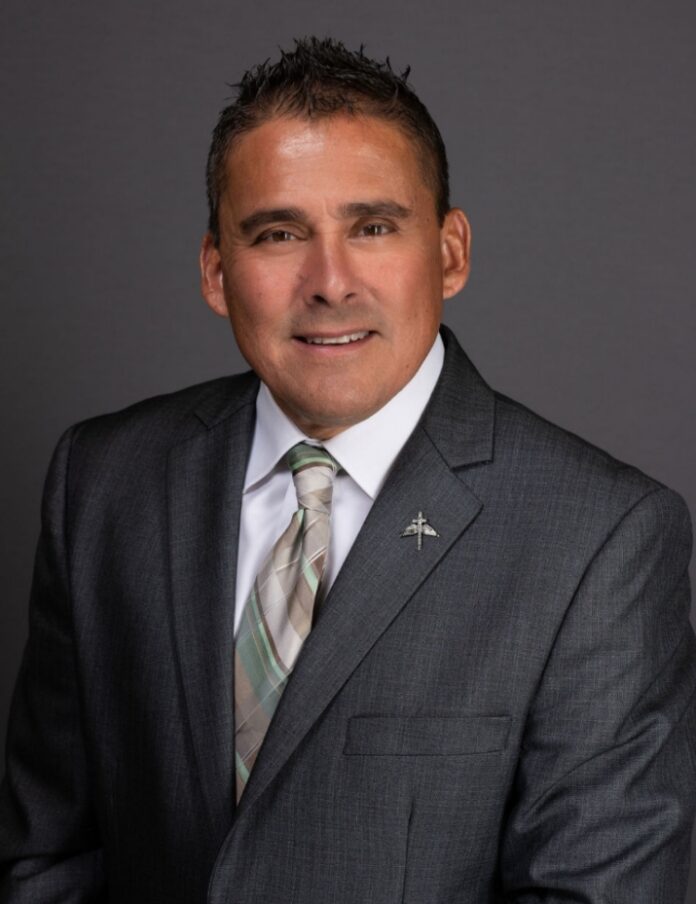HARLINGEN — Questions surround the validity of the City Commission’s first vote on a proposed 4-cent tax hike.
Yesterday, Commissioner Frank Puente argued the vote cast Sept. 4 to approve the increase is invalid because commissioners failed to give the public a chance to speak out on the proposal, in accordance with a new law effective Sept. 1.
But Mayor Chris Boswell said he gave residents a chance to speak up before commissioners cast their vote.
Meanwhile, attorney Ron Lozano said he was filing a lawsuit to challenge the vote’s validity.
Now, commissioners are apparently planning to meet at 5:30 p.m. Tuesday to vote on the second and final reading of the ordinance that would increase the tax rate to generate $1.3 million a year, balancing a proposed $47.8 million general fund budget.
Earlier this year, legislators passed an amendment to the Texas Open Meetings Act authored by state Rep. Terry Canales, D-Edinburg, requiring governmental bodies to give the public an opportunity to speak on issues before they go to a vote.
On Sept. 1, House Bill 2840 became law.
Then on Sept. 4, commissioners voted to approve the first reading of an ordinance increasing the city’s property tax rate from about 58 cents to 63 cents per $100 valuation.
Puente, who cast the lone dissenting vote, argues the vote was invalid.
“That vote should have been null and void because the law specifically states that a governing body is supposed to offer public comment before or during an item on the agenda and it was not offered,” Puente said.
But Boswell said the vote is valid, saying he gave the public a chance to speak on the proposed tax hike.
“I looked directly at the audience and said is there any discussion,” Boswell said.
Boswell said he believes he made himself clear before the audience which included former Commissioner Robert Leftwich, who had planned to speak out against the proposed tax hike.
“There’s certainly no magic language in the new statute,” Boswell said. “I fully expected someone to get up and say they wanted to speak on it and they didn’t, so I called for the vote. We fulfilled our obligation.”
For about five years, officials had scheduled the meeting’s public comment period, which gives residents two minutes to speak, at the end of the meeting.
However, shortly before commissioners entered a closed-door session toward the end of the Sept. 4 meeting, Commissioner Michael Mezmar asked Boswell if commissioners should move up the public comment period, which had been scheduled to be held after commissioners returned from the executive session.
So Boswell asked City Secretary Amanda Elizondo whether residents had signed up to speak during the public comment period.
In response, Elizondo said Lozano and Leftwich had signed up.
However, both Lozano and Leftwich had already left City Hall.
Leftwich said he returned after the closed-door session to find out the public comment period had already been held.
Like Boswell, City Attorney Ricardo Navarro said Sept. 4’s vote was valid.
“It’s not void,” Navarro said. “I understand the mayor called for public comment on that item.”
Where’s public comment?
Navarro said the city did not schedule the Sept. 4 meeting’s public comment period for the beginning of the meeting because the clerk who prepared the agenda had placed the so-called “citizen communication” period at end of the meeting.
“It just got carried over,” Navarro said. “The agenda was prepared right around the time (the new law became effective). We don’t prepare the agenda.”
Navarro said officials knew about the law before the agenda was prepared.
“We were aware of it,” he said.
Public comment as common practice
Meanwhile, City Manager Dan Serna said Boswell allows residents to speak up regarding agenda items before they go to a vote.
“The mayor has always recognized anyone who wants to speak on anything on the agenda,” Serna said. “He’ll continue to do that.”
Navarro also said a previous City Commission had passed a resolution allowing residents to speak up regarding any agenda item at any time during a meeting.
“Not only do we have a policy on it but that’s been the practice,” Navarro said, referring to Boswell’s custom of allowing residents to speak up regarding agenda items.
Yesterday, Navarro said officials planned to schedule the public comment period at the beginning of the meeting in which commissioners vote on the second reading of the ordinance that would boost the tax rate.
“The House bill does change the law and states citizen comment needs to happen before the action or before the agenda item is taken,” Navarro said.
When’s the meeting?
Yesterday afternoon, Elizondo said commissioners were planning to meet at 5:30 p.m. Tuesday to vote on the second reading of the ordinance that would boost the tax rate.
However, commissioners apparently had not agreed on the meeting’s date.





